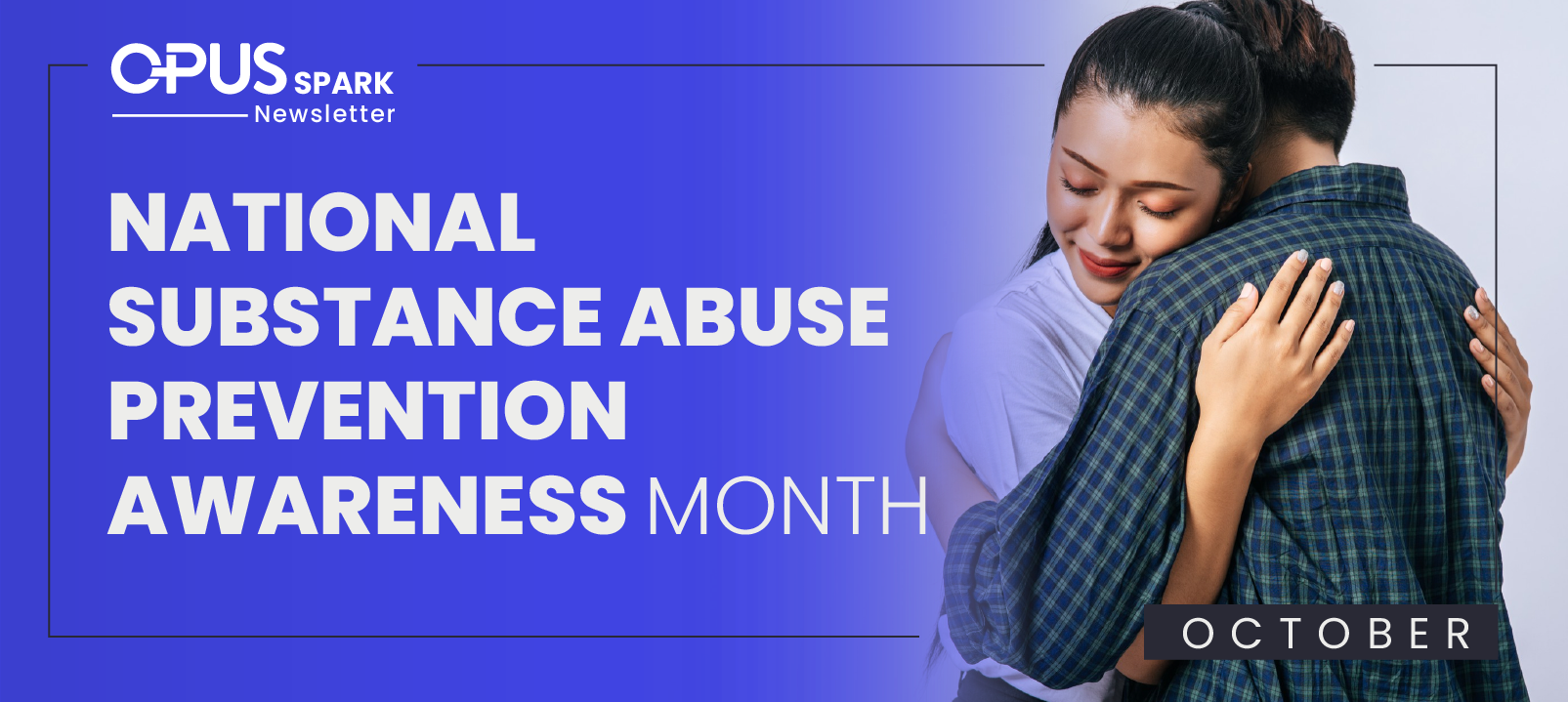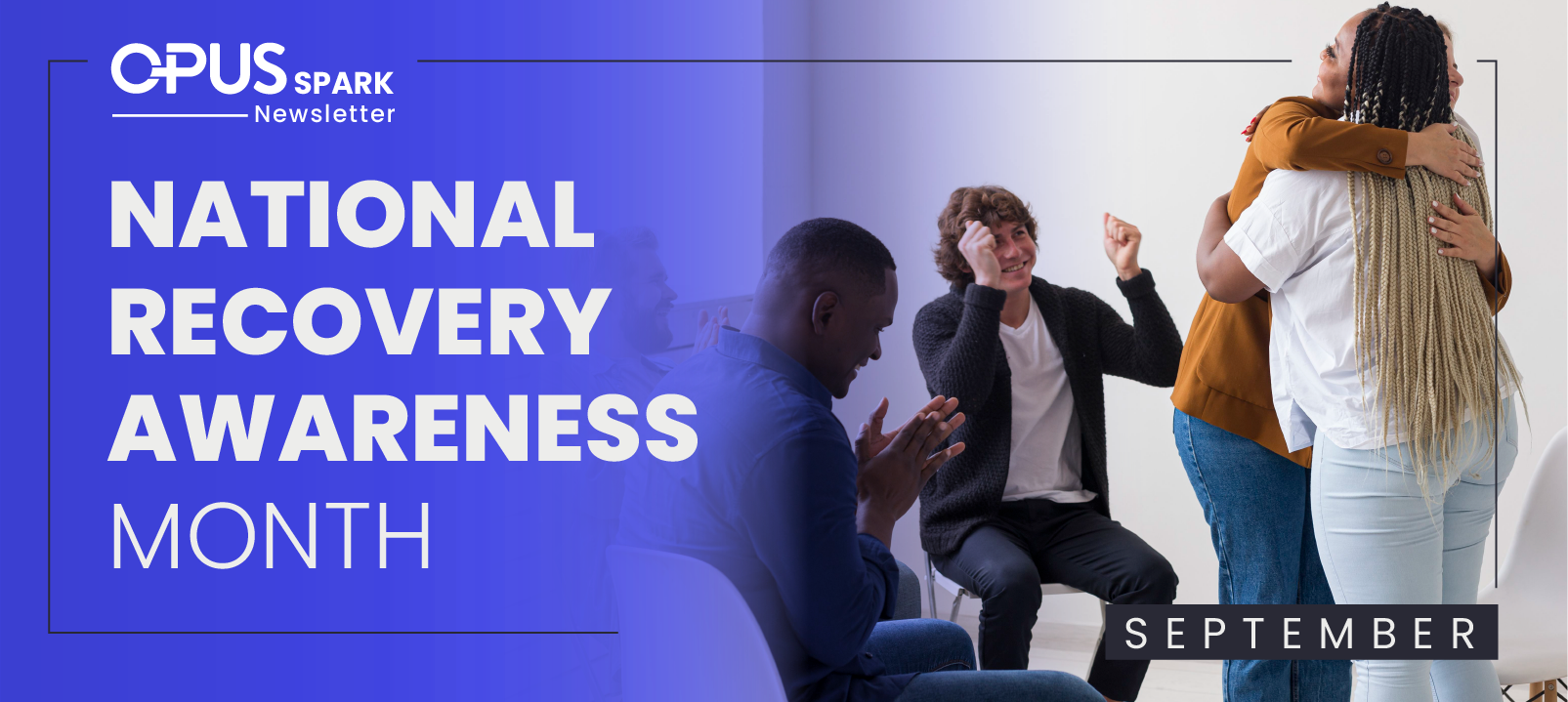Reigniting the Flame on Clinician Burnout in Behavioral Health Medicine
You are a clinician in behavioral health medicine. You worked years for this degree, countless late nights, and early mornings. You sacrificed social events, birthdays, important milestones with family and friends.
The road that got you here wasn’t easy, but you dreamt of being the compassionate provider your patients could count on. You came to this profession to be a healer and now you need healing yourself. You’re losing energy, enthusiasm, and joy in what you do.
It’s no secret that stress among behavioral health clinicians is at an all-time high. Long hours, limited resources and staffing, high patient caseloads, and for our next trick – a global pandemic. Aside from the physical demands of being a provider, the emotional demands can be even more draining.
Burnout Rates for Behavioral Health and Mental Health Providers
- 78%: self-reported burnout in psychiatrists from a 2020 study
- 16%: psychiatrists screening for major depression in the same 2020 study
- 21-61%: average rate of mental health practitioner burnout (pre-COVID)
- 90%: self-reported burnout in a study of college counseling center practitioners in 2020
Are You Feeling Burnt Out?
While providers in every specialty are at risk for burn out, clinicians in behavioral health medicine should be especially considered. Many patients under our psychiatric care have experienced tragedies that hit hard – homelessness, domestic and sexual abuse, neglect.
Working with patients in the pediatric population only further tests our mental strength. Trying to follow a patient’s hyperverbal speech during a manic episode or field a patient’s suicidal ideation while also being cognizant of the 30 other patients on the schedule can be a challenge, to say the least.
Maintaining composure in high stress situations is something we train for but that doesn’t mean we need to go it alone. We administer outcome measurement and assessments to improve patient engagement like the GAD-7 and PHQ-9 to our patients every day, but when was the last time we checked in with ourselves?
In every realm of health and wellness, prevention is key. Here are several strategies to prevent burnout before it happens. Try these tips and let your light shine.
1. Ask for help
Recognize the changes in yourself and seek help. Consider talking to someone you trust. There is no shame in reaching out to the professionals. We preach about tapping into coping mechanisms for our patients, it’s time we tap into them for ourselves. Set up a session with a therapist. Vent. Cry if you need to. Emotions are meant to be expressed. Put yourself first for a change and realize that by taking small steps to care for your own mental health, you will better be able to care for those around you. Support is out there. It’s up to you to take the first step.
2. Exercise for endorphin release
Get those endorphins flowing with a little sweat session. Even a short lunch time walk can boost your dopamine and serotonin levels – helping to ward off anxiety and depression and increase mood. Stand up. Stretch. Repeat. Work life balance is key. Make time to care for your body and see how it affects your brain.
3. Practice gratitude
Take time to reflect on what you are thankful for each day. It can be as simple as giving thanks for a hot cup of coffee to start your shift. Start by writing down just five things you are grateful for when you first wake up and see how it jumpstarts your mood on a positive note.
4. Journal to process emotions
Find an outlet for all the racing thoughts in your brain. Let pen hit paper like old times and write about how you are feeling. Express your emotions in a constructive way by allowing your journal to host your fears, anxieties, trials, and triumphs of the day. Processing emotions is a vital component for overall wellness.
5. Fuel your body to fuel your brain
You can’t pour from an empty cup especially when the cup is half full to begin with. Fuel your body and mind with wholesome fresh foods. Energy drinks and excessive caffeine only further fuel anxiety. Drink water. Try to incorporate several small meals throughout the day to balance blood sugar levels. It’s too easy to let the demands of the day take us to late afternoon before we realize we haven’t eaten anything. Stash some healthy snacks in your lab coat and as Grandma said, “mangia”!
Clinical Reflection
To be compassionate to your patients, you need to be compassionate to yourself.
Here are 4 questions to consider:
- How do you care for your own mental health so you can better serve your patients?
- Do you monitor and promote clinician well being in your practice?
- How often do you check in with your team?
- What strategies do you incorporate to prevent and address provider burnout?
Visit our website to sign up for our 14-day free trial today.

In our trial, you will have to opportunity to:
- Collect patient feedback in real-time
- Monitor patient progress on a global dashboard
- Evaluate the quality of services and adjust treatment plans
- Prevent a crisis before it happens
- Customize your own metrics to improve patient outcomes
Getting Started: Be the Compassionate Provider Your Patients Can Count On
Before drinking that second coffee, consider sharing the above tips with your clients and colleagues. Taking time to check in on your own health, will help you treat your patients better.






